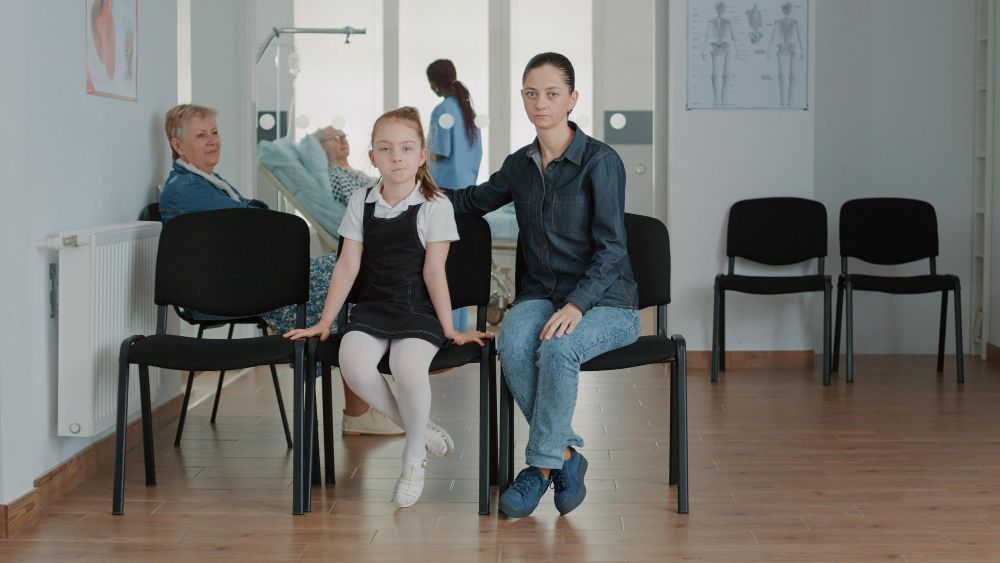To foster genuine inclusion, employers must go beyond surface-level diversity initiatives and implement practical, lasting change...
In the modern workplace, diversity and inclusion have become essential values, shaping how companies recruit, retain, and empower employees. Yet for many people with ADHD (Attention Deficit Hyperactivity Disorder), the work environment still feels far from inclusive. Despite growing awareness of neurodiversity, a significant number of people continue to mask their neurodiversity due to stigma, misunderstanding, and fear of discrimination.
Recent research commissioned by Takeda has brought this issue into sharp focus, revealing that an overwhelming 96% of people with ADHD in the UK are reluctant to disclose their diagnosis at work. This reluctance is often rooted in fear—73% worry about judgment from colleagues or management, while nearly half (49%) are concerned that disclosure could negatively impact their career progression.
At our clinic, we offer comprehensive assessments for adults and children. Part of our mission is not just to diagnose but also to advocate—to raise awareness of how neurodiversity impacts real lives.
What is Masking?
Masking is a term used to describe the conscious or unconscious suppression of one’s natural behaviours or traits to conform to social expectations. This might include:
- Over-preparing for meetings to avoid missing details
- Mimicking neurotypical communication styles
- Hiding hyperactive behaviours or emotional dysregulation
- Avoiding disclosure of challenges with organisation or focus
While these coping strategies may help individuals “blend in” professionally, they come at a high personal cost—often leading to burnout, anxiety, or depression
The cost of staying silent
Masking at work can be emotionally and mentally draining. Many people report feeling that they are "performing" throughout the day, trying to appear organised, composed, and in control. Over time, this effort to appear neurotypical can lead to:
- Increased stress and exhaustion
- Decline in mental wellbeing
- Imposter syndrome and self-doubt
- A reluctance to ask for reasonable adjustments
This issue is even more pronounced among women. Takeda’s research found that 68% of women feel they are at a disadvantage in the workplace.
The role of diagnosis in empowerment
One of the most empowering steps one can take is to seek a formal assessment. A diagnosis offers more than just a label—it provides clarity, validation, and a pathway to support.
Many adults come to us for assessments after years of struggling in silence, often having internalised the belief that their challenges were character flaws rather than symptoms of a neurodevelopmental condition. A proper diagnosis can be life-changing, enabling individuals to:
- Understand their unique strengths and challenges
- Request reasonable workplace adjustments
- Access targeted therapeutic support and coaching
- Rebuild self-esteem and confidence
It also equips individuals with the language they need to advocate for themselves—at work, at home, and within the healthcare system.
Why Employers need to pay attention
The workplace plays a huge role in shaping how neurodiverse individuals experience their condition. When neurodiversity is misunderstood, employees are more likely to feel isolated or ashamed, which not only impacts their wellbeing but also affects performance and retention.
According to a CIPD survey, 52% of neurodivergent employees do not feel their organisation is supportive enough, and 1 in 5 have experienced harassment or discrimination because of their condition. That’s not just a diversity issue—it’s a mental health crisis waiting to happen.
Neurodiversity doesn’t need to be a barrier to success. In fact, many individuals possess qualities that are highly valuable in the workplace: creativity, spontaneity, hyper-focus, high energy, and the ability to think outside the box. The key is to create an environment where these traits can flourish.
What an inclusive workplace looks like:
To foster genuine inclusion, employers must go beyond surface-level diversity initiatives and implement practical, lasting change. Here are some of the most impactful steps companies can take:
1. Create Psychological Safety
Employees need to feel safe to disclose their diagnosis without fear of judgment or career limitations. Confidentiality policies, open-door communication, and mental health allies can create a more supportive culture.
2. Offer Manager Training
Line managers are often the first point of contact for neurodivergent employees. Training should cover the realities of neurodiversity—including how it manifests in different genders—and challenge harmful stereotypes.
3. Provide Reasonable Adjustments
These could include flexible working hours, task management software, noise-cancelling headphones, written instructions, or regular check-ins. A small change can make a big difference.
4. Use Inclusive Language in Recruitment
Inclusive job descriptions and accessible application formats show that you value neurodiversity from the outset. Be explicit in stating that your organisation welcomes and supports neurodivergent individuals.
5. Promote Awareness from the Top Down
Leadership should model inclusive behaviour by speaking openly about neurodiversity, attending awareness workshops, and championing neuro-affirming policies.
The importance of representation:
Representation matters. It’s crucial that organisations not only include neurodiverse employees in their workforce but also in decision-making processes. This means creating channels for feedback, amplifying the voices of neurodivergent team members, and involving them in developing workplace policies.
Diverse teams are stronger teams. When neurodivergent perspectives are respected and integrated, the whole organisation benefits—through increased creativity, better problem-solving, and a more compassionate work culture.
How our Assessments support workplace inclusion.
At our clinic, we understand the pressures of masking and the harm that stigma can cause. Our assessments are designed to be thorough, empathetic, and empowering. Whether you’re an adult navigating a difficult work environment or a young person struggling at school, we’re here to help you gain the understanding and support you need.
Our assessments include:
- In-depth clinical interviews
- Functional assessments relevant to work and daily life
- Comprehensive written reports with practical recommendations
- Optional follow-up support and referral pathways
We also offer workplace consultation services to help HR teams and managers understand how best to support ADHD and autistic employees, including awareness training, policy reviews, and adjustment planning.
Final thoughts:
The research is clear: too many people with neurodiversity are hiding who they are at work out of fear. But with the right support—both from employers and mental health professionals—this doesn't have to be the case. Diagnosis is not the end of the story—it’s the beginning of self-awareness, self-advocacy, and true empowerment.
Schedule your free consultation today.
Take the first step toward clarity and empowerment. Schedule your free pre-assessment call and lets work toward a focused and fulfilling life





